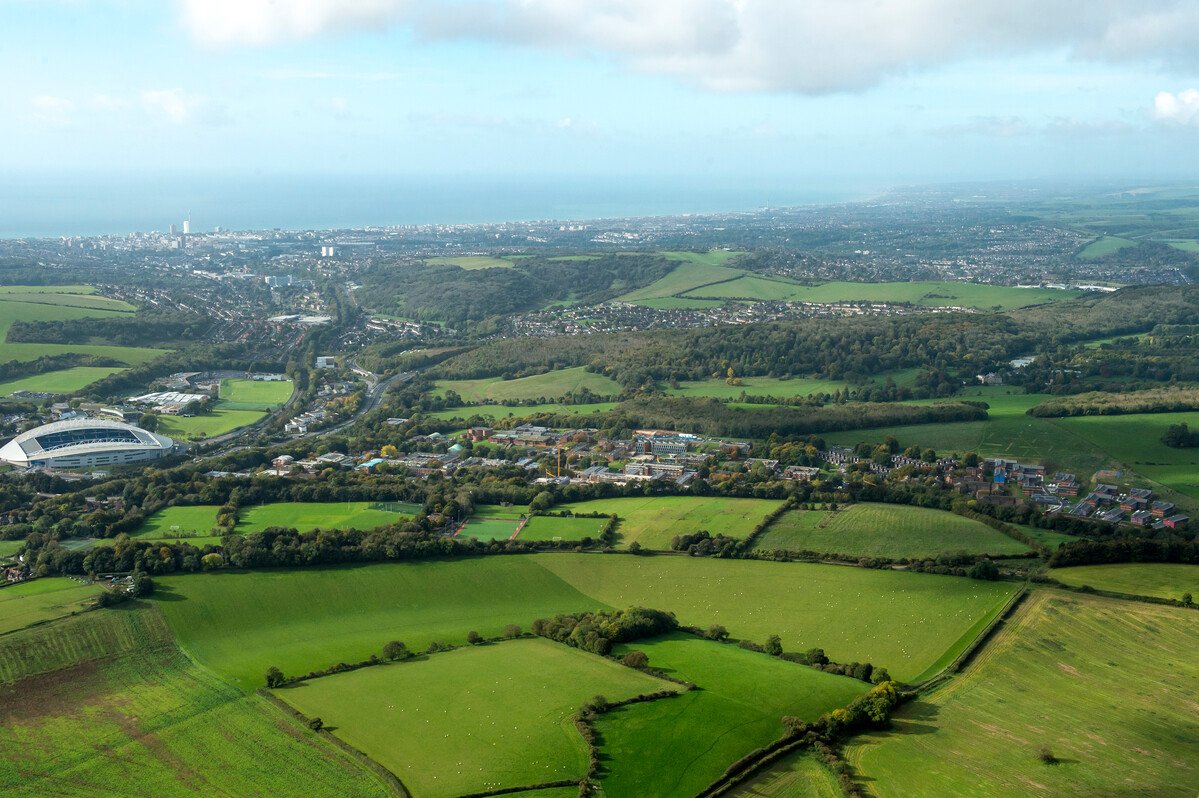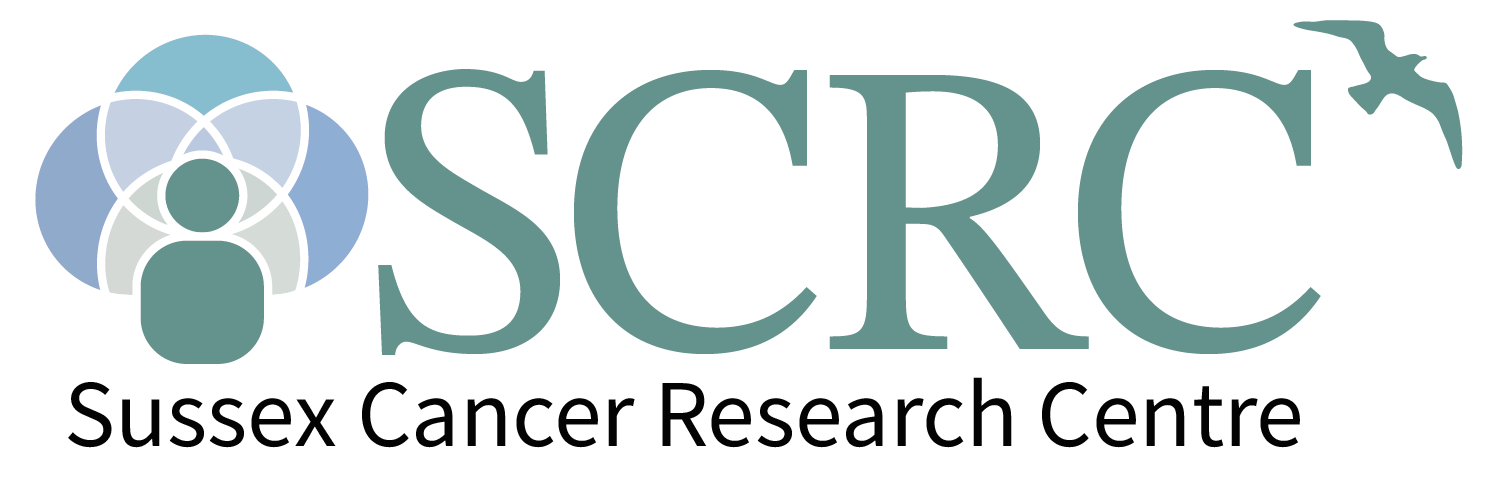
We’re excited to support the award of the first Sussex Cancer Research Centre studentship to an exciting new collaboration between a collaboration between the Pearl Bioinformatics Laboratory, at the University of Sussex, the “Cancer of Unknown Primary” team at the University Hospitals Sussex NHS Foundation Trust, Brighton and Sussex Medical School, and the East Sussex Healthcare NHS Trust.
The SCRC sat down with Frances to talk about her project.
SCRC: Can you share a brief overview of your project?
FP: The best treatment for a cancer patient usually depends on where the cancer started. However, in 3-5% of cases, doctors can’t find the original tumour—this is called Cancer of Unknown Primary (CUP). This makes treatment difficult, and most CUP patients (80-85%) face a poor prognosis. In Sussex, 300-500 cancer cases each year are classified as CUP, despite extensive testing.
We believe AI can help by analysing genetic changes in tumour cells to pinpoint where the cancer started. This would allow doctors to use the right treatment for that cancer type. AI could also detect unique weaknesses in the tumour, making precision therapies possible. With whole genome sequencing now available through the NHS, this approach is within reach—if the right AI tools are developed.
This project aims to create AI tools to improve CUP diagnosis and treatment in Sussex. Using large public cancer databases, we will develop AI models to:
1. Identify where the cancer started using genetic data.
2. Match patients to relevant clinical trials.
3. Predict which chemotherapy will work best.
These AI tools will be built into a secure web application for easy use by doctors. Early research shows this approach is feasible and could transform CUP treatment.
SCRC: What was the inspiration for your project?
FP: I have been working with multi-omic cancer data predicting therapeutic vulnerability for a long time, normally to identify new drug targets. I really wanted to develop methods that we could use in the clinic to improve patient outcomes directly, by making sure that patients got the right drug at the right time.
SCRC: How do you foresee your project leading to patient benefit? And when?
FP: We already have preliminary working models. We are hoping to start a proof of principal study quite soon, working with the Sussex CUP team.
SCRC: If the project is successful—what’s next?
FP: We are currently working on a business plan, and we are seeking investment to spin-out a company so that we could provide these services to cancer patients worldwide. Although it will take a while before these tools could be more widely used in the clinic as they will require clinical trials and full regulatory approval.
SCRC: Can you describe any interdisciplinary aspects of your projects?
FP: This is a fully interdisciplinary project, between life science researchers at Sussex University, BSMS clinical lectures and the whole CUP clinical team including oncologists, pathologists and research nurses.
SCRC: What do you think are the main challenges we face in cancer research? How does your project help to address this?
FP: This year the Nobel Prize for Chemistry was awarded to the teams that could accurately predict the 3D structure of a protein from an amino acid sequence using AI and Deep Learning (AlphaFold and David Baker). This was only possible, because all the data required to train the AI, was in the same format, in the same database and had been collected and stored in this way since 1971.
Although there are many multi-omic or imaging studies, linked with patient outcomes or drug responses for large sets of cancer patients, often the data produced in these studies are not very accessible.
I think the big challenge we have is making sure in cancer research is that we make these data available to the computational community, anonymised, with full consents in place for data re-use, and that standardised formats are used for data storage. This includes acknowledging and upholding the fundamental right of patients to exercise autonomy over the use and dissemination of their personal health data and we would only include data from a patient where full consents had been agreed. In addition, I would like for every cancer sample to have its DNA sequenced and transcript levels measured as standard.
SCRC: How have research mentors benefited your research?
FP: I learned a huge amount from my PhD supervisor – Dame Janet Thornton FRS – who was a pioneer in handling large biological datasets, and patiently developed pipelines that pushed disparate datasets together to reveal new understanding
SCRC: If people want to follow you and your team or get updates as the project progresses, where can they get more info?
FP: My Sussex profile website is here and has links to my group’s website and the webtools we develop. And I can be found on LinkedIn.
Support life-changing research
Your support has an enormous impact on our research, transforming what we are able to do. Together we have the potential to transform the lives of cancer patients. With your support we are working to discover cutting-edge treatment approaches, that are both kinder and more effective.
We have parntered with the Sussex Cancer Fund to ensure your donations support life-changing research here in Sussex.
If you want to discuss your donation contact us.



